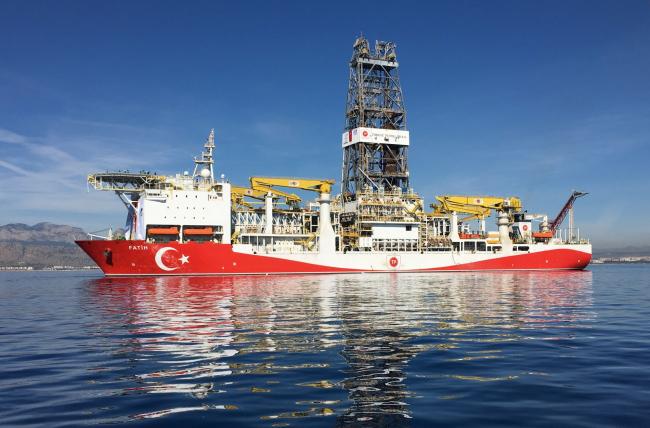(Bloomberg) -- Turkey wants its banks to write off loans to some energy projects as part of a larger plan to clear lenders’ books, an effort aimed at boosting credit in the nation’s ailing economy.
Banking regulator BDDK wants credit extended to at least three gas-fired power plants to be classified as non-performing loans, according to people with knowledge of the matter.
They are ACWA’s $1 billion plant in Kirikkale, Gama’s $900 million project near Ankara and a $1 billion facility run by Ansaldo Energia SpA and its partners in Gebze, the people said, asking not to be identified discussing confidential talks.
Turkiye Garanti Bankasi AS, Turkiye Is Bankasi AS, Akbank TAS, European Bank for Reconstruction and Development, Denizbank AS and Yapi Kredi Bankasi AS are among the banks that lent to those projects, according to data compiled by Bloomberg. The total original loans on these projects were nearly $1.9 billion.
The BDDK wasn’t immediately available for comment on those talks after normal business hours on Thursday. An official at Turkey’s Treasury and Finance Ministry acknowledged that authorities were working on a plan to clear bank balance sheets, saying its details would be announced at a later date.
Broader Plan
The push for those three particular projects is part of a broader plan that policy makers are working on, according to people familiar with the matter. Under the blueprint, the government would also be pushing lenders to boost capital to restore buffers and create room for new credit in their balance sheets.
Its preparation shows the Turkish government is unlikely to put up with historically low levels of loan growth for much longer as President Recep Tayyip Erdogan says the economy must expand at a much faster pace.
Banks Disagree
Many banks privately told policy makers that they weren’t keen on being forced to reclassify massive amounts of debt as NPLs so quickly, the people said.
Turkish companies have borrowed around $60 billion since 2003 to finance investments into new power generation and distribution, according to a Boston Consulting Group report. With the lira sliding faster than most producers can raise electricity prices, some utilities aren’t earning enough to repay foreign-currency loans, posing a great risk to banks.
Last year’s currency crash amplified this mismatch. Average electricity prices are now running around $54 per megawatt-hour, compared with $81 in 2010 -- part of the reason why there is a surge in demand from power producers to restructure their liabilities.
About two-thirds of the loans taken out by the energy industry are yet to be repaid, according to Ebru Dildar Edin, a deputy chief executive officer at Garanti. As much as $13 billion needs to be restructured with gas plants making up a bulk of it, she said earlier this year.
Treasury and Finance Minister Berat Albayrak said in July the government won’t cover any losses incurred by banks, which have reorganized nearly half of 400 billion liras ($70 billion) of troubled loans.
Albayrak sees a pickup in growth once the rest of the bad loans are dealt with. Turkey came out of a recession during the first quarter but is still expected to fall far short of 2.3% official growth target for the entire year. Erosion in economic confidence and rising joblessness helped Turkish opposition deal the most stinging electoral defeat to Erdogan in a municipal vote this year.
(Updates with more details on the government plan)
